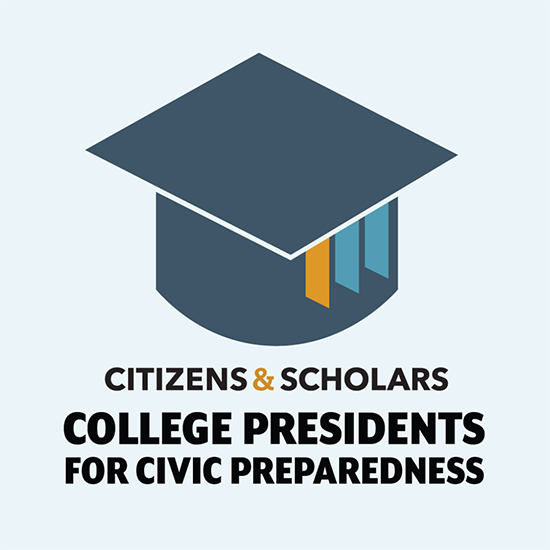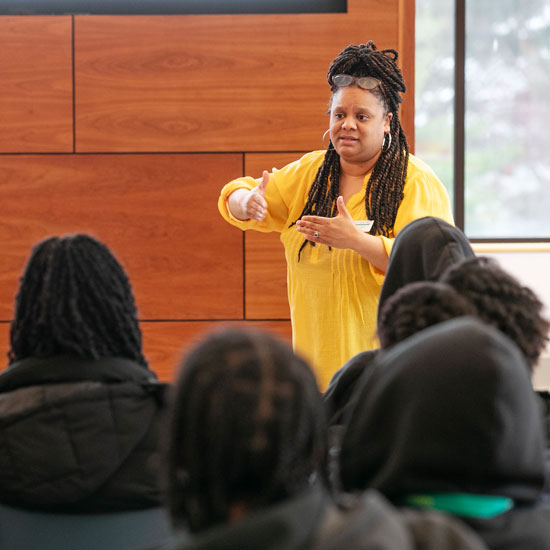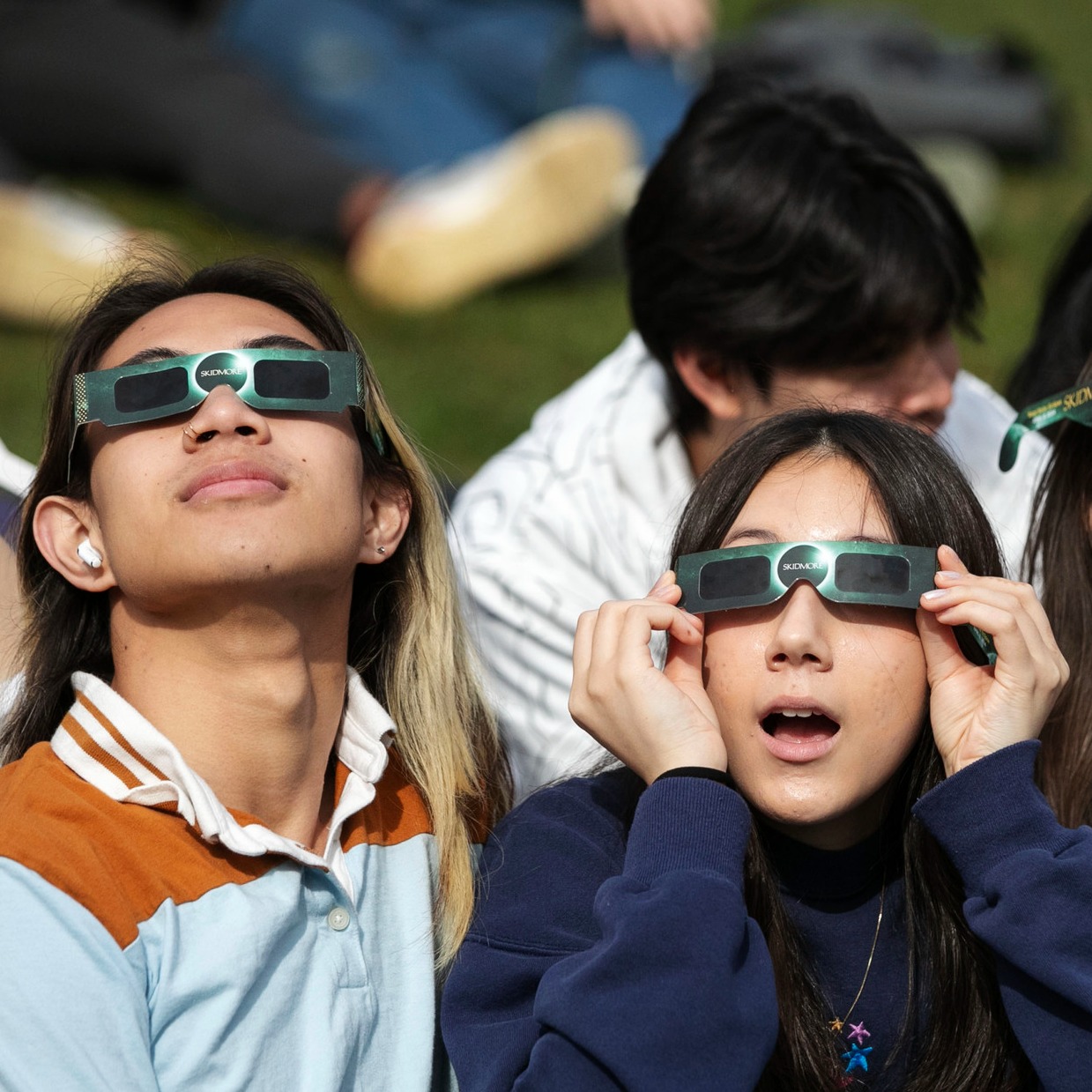Innovation generates exciting fall courses
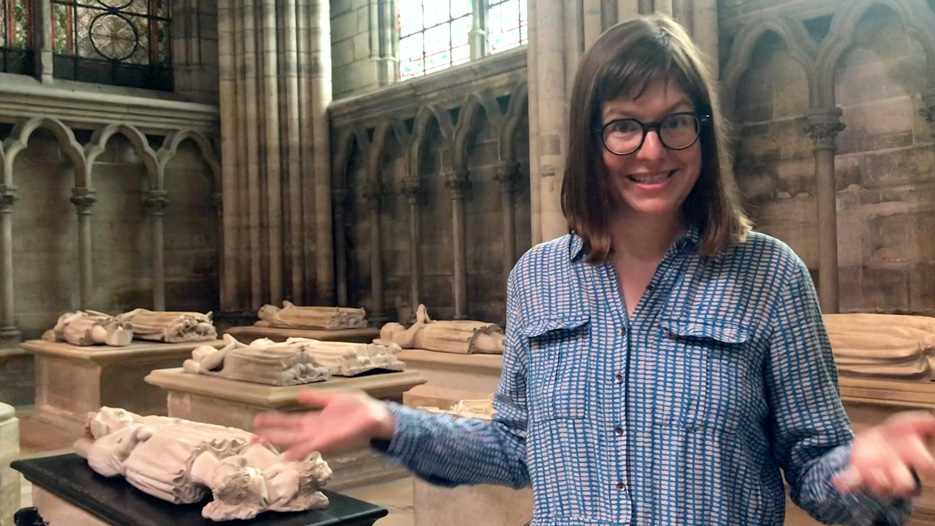
Skidmore faculty and staff put creative thought to work this summer to turn the challenges of COVID-19 into opportunities, finding inventive new ways to engage students through courses that will be presented online, in person or a combination of both this fall.
So how, for instance, will hands-on art courses be presented entirely online? Miniature presses are being 3D-printed for students in Associate Professor of Art Kate Leavitt’s Narrative and Sequence printmaking course with the help of Darren Prodger, manager of Skidmore’s IdeaLab makerspace, and Paul Davis, shop supervisor and building safety coordinator in the Art Department. Among other lessons, Leavitt will teach her students how to make ink and paint from materials they have at home. Assistant Professor of Art John Galt’s Sculpture I and Sculpture II students will be able to access Skidmore’s digital production technologies remotely to laser cut, plasma cut, design and 3D print their work and view the progress in real time.
Nancy Thebaut, assistant professor of art history, will take her students on virtual field trips to architectural sites and museums in the U.S. and abroad for her course Parchment, Thread and Yes, Even Bread: The Material Stuff of Medieval Art. She will also send kits to her students that contain materials for making their own medieval works of art, including a painting, embroidery and stamped bread. “I’m most looking forward to facilitating new kinds of connections between students and art objects, whether that be on- or off-screen,” she said.
To teach about earth systems in an interactive and personal way through a computer screen, Jennifer Cholnoky, senior lecturer and chair of the Geosciences Department, has come up with a new project. She will ask her GE 101 students to adopt a river in their hometown, learn all they can about it and then share what makes their local waterway special in a video presentation to their classmates.
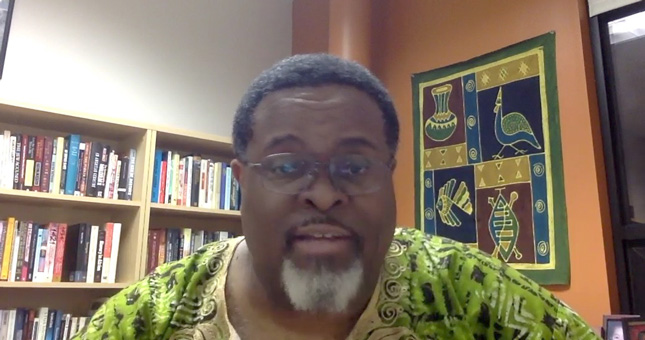
Winston Grady-Willis, professor and director of the Black Studies program, will weave current events into his fall Introduction to Black Studies course.
As the nation takes a critical look at the inequalities and injustices that still exist in America, Black Studies Professor Winston Grady-Willis will emphasize community and face-to-face interactions — both in large- and small-group contexts — in his Introduction to Black Studies course. Black Studies is a new minor program at Skidmore. Grady-Willis will encourage his students to draw from their own experiences while examining the past and the present. “We’re going to get an opportunity to really sit intellectually with this activist moment that we find ourselves in,” he explained.
In fact, rather than being a hindrance to learning, these challenging times have encouraged reflection, new connections and fresh inspiration among faculty, said Sarah Sweeney, associate professor of art.
There’s so much innovation happening right now. These new virtual courses will have the same level of connection, engagement, richness, invention and rigor as the rest of Skidmore’s curriculum.”Sarah Sweeneyassociate professor of art
Over the summer, Sweeney and Beau Breslin, professor of political science, paired faculty “innovation coordinators” from departments across the College with fellow faculty members to foster the development of new ideas and support fall course preparation, an effort funded by the Arthur Vining Davis Foundations. Skidmore’s IdeaLab and the new Summer Faculty Development Team — Beth Dupont, Janet Casey, Kristie Ford, Marta Brunner and Jeanne Eddy, who represented Skidmore’s Center for Leadership, Teaching and Learning (CLTL), Scribner Library, Learning Experience Design and Digital Scholarship Support team (LEDS) and Office of the Dean of Faculty — worked together to provide this and other programs, workshops and guides to assist faculty with their remote and hybrid instruction needs.
“Teaching has become infinitely more difficult in a COVID world and Skidmore’s faculty have spent the better part of the summer envisioning ways to deliver a first-rate educational experience to a student body that deserves nothing less,” said Breslin.
At the forefront of faculty members’ minds is how the pandemic is affecting students, and those like Professor of History Tillman Nechtman are finding ways to put it in perspective and use it as a teaching tool. He will ask each First-Year Experience seminar to contribute an item to a time capsule — built by the Art Department and stored in Special Collections — so members of the Class of 2024 can open it four years from now, at the end of their college experience. In conjunction with the time capsule, he plans to offer a one-credit course in the spring semester of each of the next four years on the nature of history, memory and objects and memorialization, culminating in a “final-year experience” coda.
“Four years from now, as students gather together to graduate, they will have come through a time and experience that few other undergraduate cohorts could imagine,” said Nechtman. “If we capture this unusual moment in a concrete form — within the confines of this time capsule — we’ll be helping these students use this moment, replete as it is with loss, as a means to begin with the ending in mind.”
Nechtman will teach his interactive FYE seminar Sailing the Seas with Captain Cook outdoors this fall. He, like his colleagues, sees the silver lining in the shift he’ll have to make for the sake of social distancing. “The COVID-19 pandemic has made it harder for me to conceive of ways to build a sense of crew and community this fall, but in other ways, it has offered opportunities,” he said. “After all, is there a better place on campus to teach about an ocean voyage than literally on the water of Haupt Pond?”
To learn how other courses — including classes in the Theater, Dance and Anthropology departments — will be presented in innovative ways this fall semester, hear directly from the faculty who will be teaching them.
